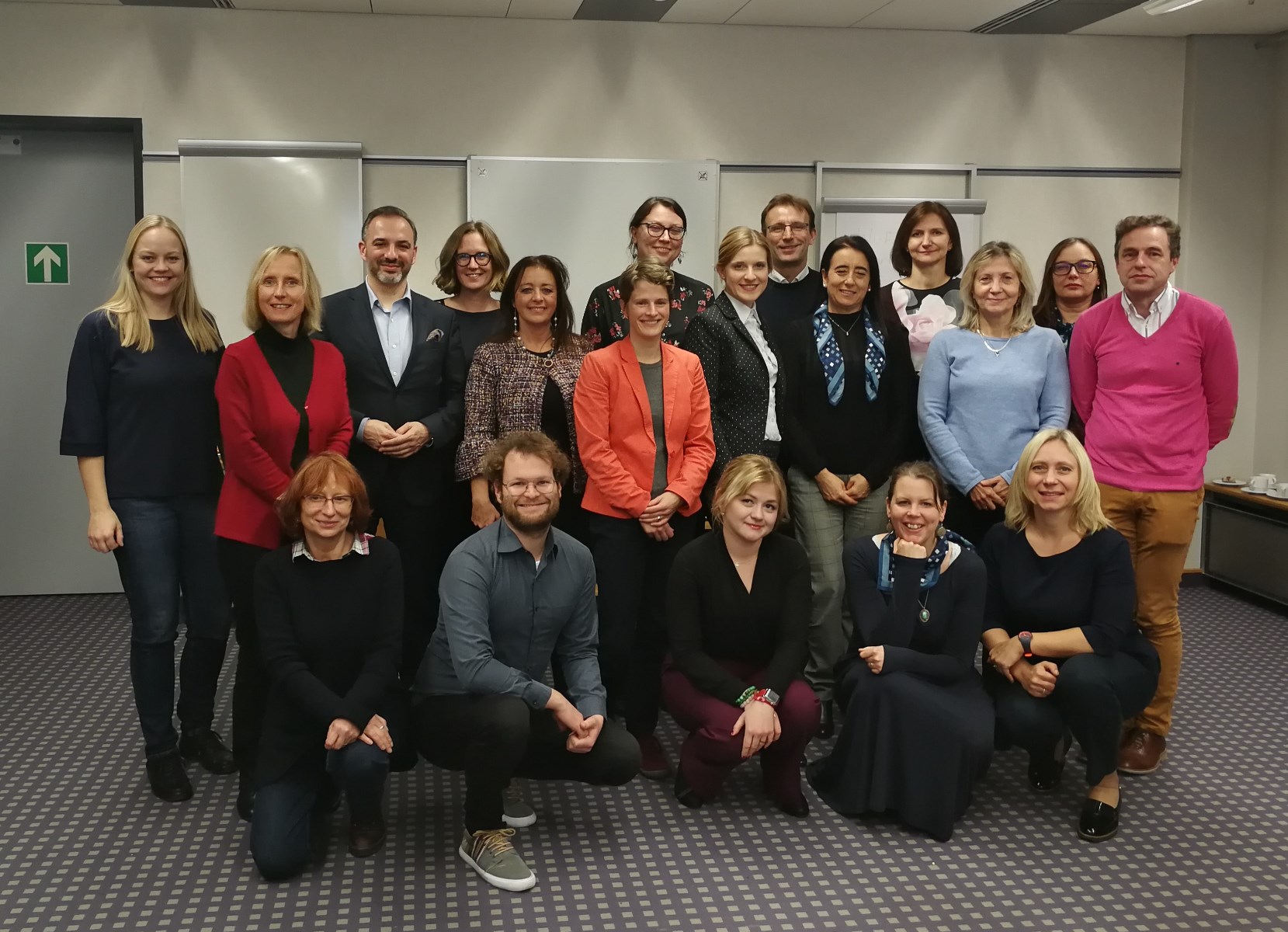Seven European Universities Merge to Form a “European University”

The alliance “Transform4Europe – T4E” has been endorsed by the European Commission as part of the alliances selected in the second call of the European Universities Initiative 2020. It brings together seven European universities: Saarland University (Germany), the University of Alicante (Spain), the Estonian Academy of Arts, the University of Silesia in Katowice (Poland), Sofia University St. Kliment Ohridski (Bulgaria), the University of Trieste (Italy) and Vytautas Magnus University in Kaunas (Lithuania). Together they will strive to create one joint sustainable European University with joint governance and service structures characterised by a strategic network of the universities and key stakeholders. In the global and digitalised world, universities are increasingly coming together in networks in order to provide both students and lecturers with wider opportunities.
On 9th July, the European Commission announced the selection of another 24 out of 62 applications submitted in the second call of the piloting initiative. These alliances were selected by independent experts and cover a total of 165 higher education institutions from 26 member states and other countries participating in the Erasmus+ programme.
The T4E partners have joined forces to transform themselves and their collaboration with each other in order to drive the transformation of Europe. They have therefore created a strategic and sustainable alliance to educate a new generation of highly motivated and skilled European knowledge-entrepreneurs: agents of change with the interdisciplinary, entrepreneurial, digital, multilingual and intercultural competencies needed to actively contribute to and shape upcoming challenge-related transformation processes in Europe as well as in the globalised world.
To achieve this, the T4E alliance will embed this strong transnational network of universities in a network of stakeholders from the surrounding regions, creating an interregional knowledge and innovation ecosystem of which the T4E alliance is the nucleus. Within this ecosystem, students, researchers and regional stakeholders from across Europe will collaborate to generate new practice-oriented knowledge concerning digital transformation and smart regions, environmental transformation and sustainability, and societal transformation and inclusion, jointly driving the development of Europe and the European Education Area. The T4E alliance will be of far-reaching impact for students, universities, regions, Europe and the European Education Area and will serve as a role model for mutual university-regional development anywhere in Europe.
Through a series of transformative tasks and activities, the alliance will strive to create one joint sustainable European University with joint governance and service structures united in a strategic network of the universities and key stakeholders from their surrounding regions. In addition, they will develop joint challenge-driven academic programmes with embedded entrepreneurial competencies and language-learning, innovative knowledge-creating formats between students, staff and entrepreneurs and practitioners as well as innovative teaching methods and learning environments which reach beyond the students and into the local communities. Another focus will be seamless and inclusive mobility around the transnational T4E ecosystem and a lively European campus spirit.
Prof. Manfred Schmitt, President of Saarland University leading the consortium: “We are looking forward to the close cooperation in this alliance. In the past weeks, even before knowing whether we would receive funding by the EU, we have started our collaboration in education. We have laid the foundation for allowing the students of all seven partner universities to access our online course offer. Particularly in times of the Corona pandemic, which complicates student exchange, this is of special importance.”
The alliance comprises about 116,000 students and about 18,500 employees all committed to a common European idea.
Together with the 17 alliances already selected in the previous call, there are now 41 European Universities involving around 280 higher education institutions. Each of the European Universities alliances will receive 5 million euros in funding from the Erasmus+ programme as well as up to 2 million euros from the Horizon 2020 programme over the next three years. In total, there will be a budget of up to 287 million euros available for these 41 European Universities.












